Text by Marta Manzoni
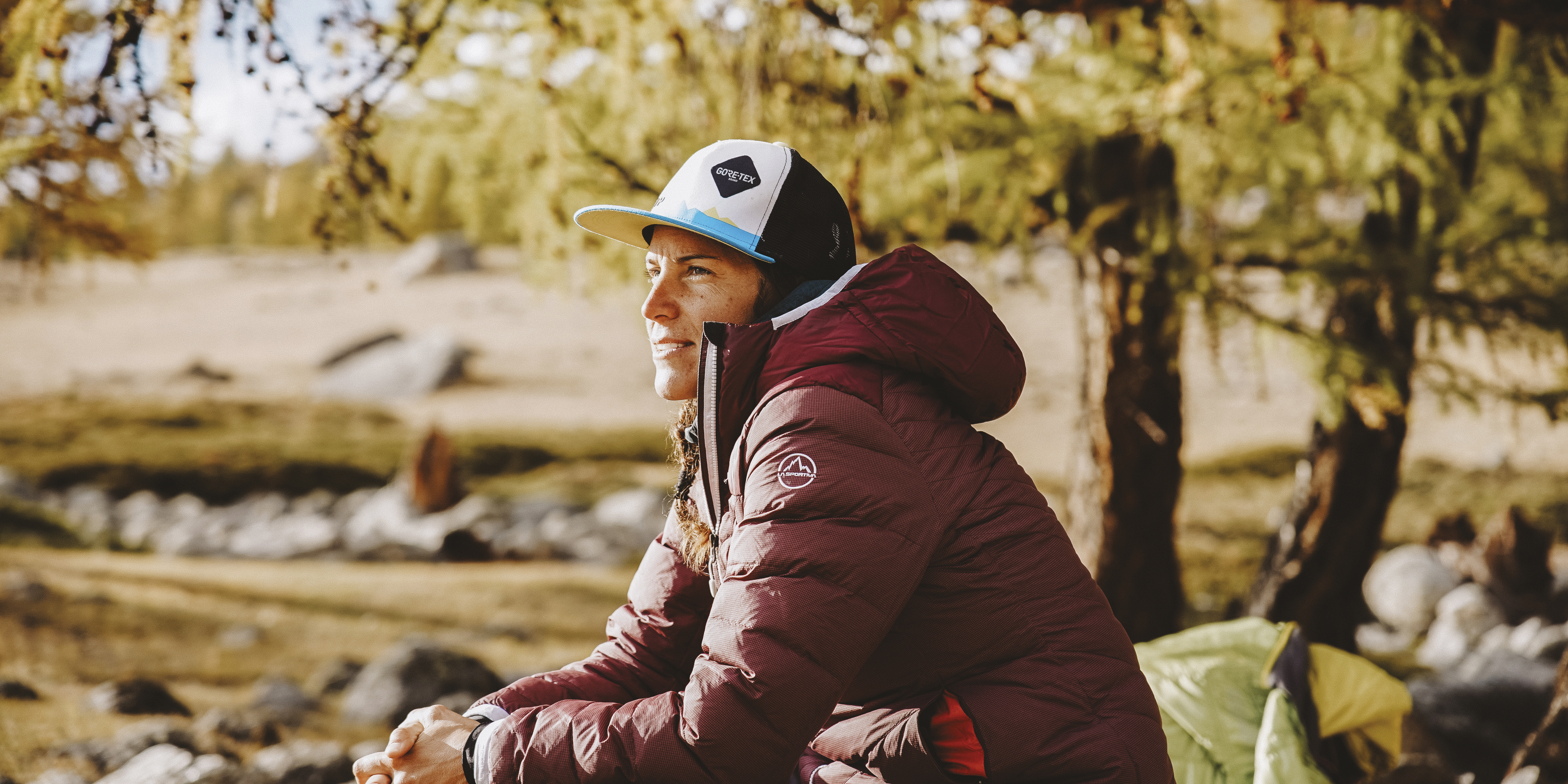
Mongolia on foot, Tamara Lunger
Worth knowing:
Mongolia is the country with the lowest population density in the world.
About a third of the population is nomadic.
The predominant religion is Tibetan Buddhism.
The capital is Ulan Bator.
Much of its territory is covered by steppes, with mountains in the North and West part and the Gobi desert in the South part.
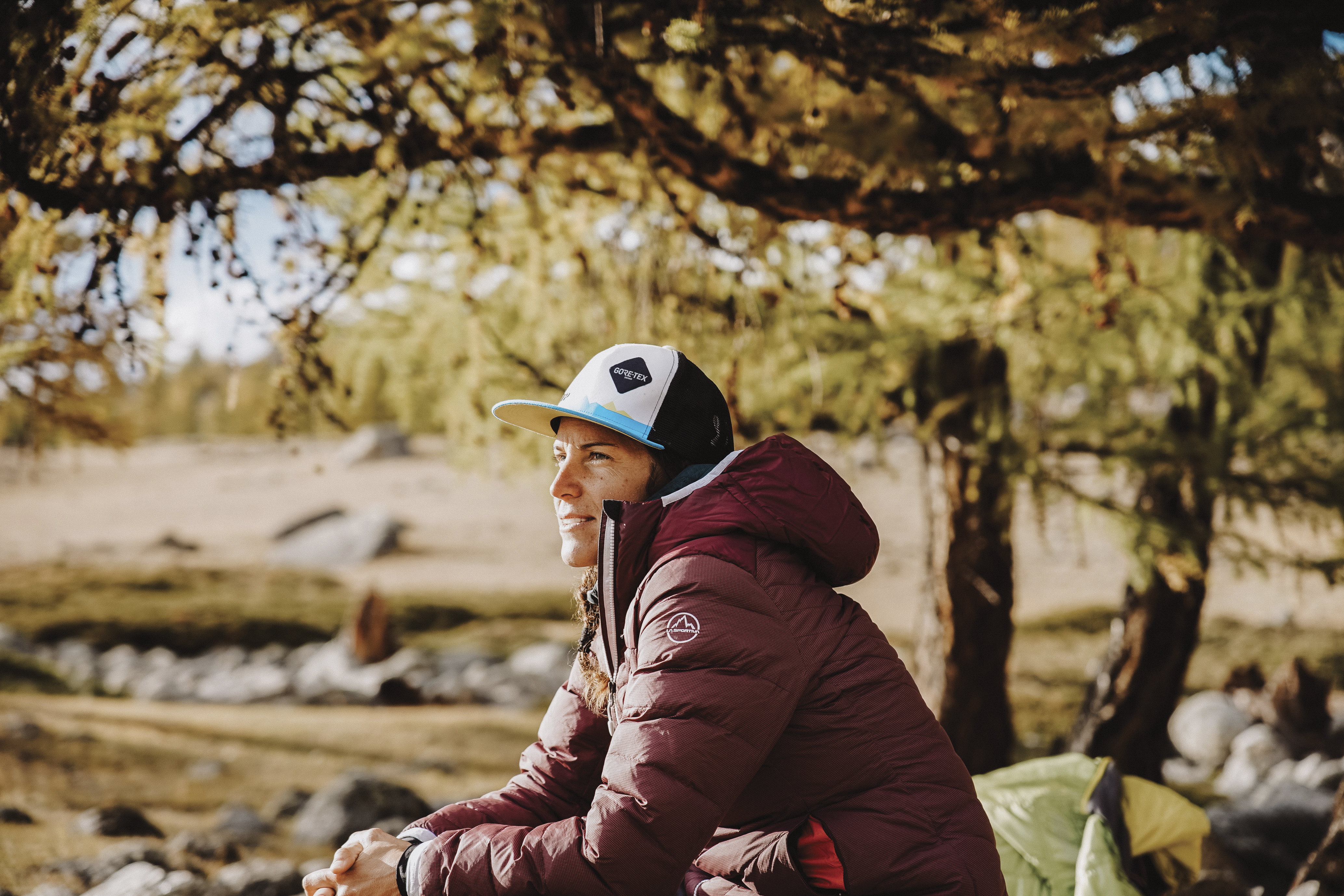
The last time we met Tamara Lunger, summer was about to begin. She had told us about her decision to stop for a year and to have planned her next, unusual, expedition: a litmus test to understand if she could still trust her body, a journey on foot in Mongolia.
Tell us about your trail.
«My friend Franz and I were on the North-West border, we walked from Zengel, on foot, to the Altaj mountains, and we climbed the Malchin Peak (4,050m). Usually we had breakfast and then left around 8.30, often we walked until 8 pm. One difficulty we encountered was understanding the names of the places where we were travelling, because those on the GPS did not match those on the map».
How did you set up the expedition?
«We wanted to be completely self sufficient, so we had everything we needed with us, including tents and food. We brought the bare essentials to prevent the backpack from being too heavy. We practically ate only noodle soup and we suffered a little hunger but it wasn’t that hard, indeed it was a way to get rid of so many weights. I had already suffered hunger on previous expeditions but on those occasions it had been different, I had been panicked. In Mongolia, however, it was only a liberation».
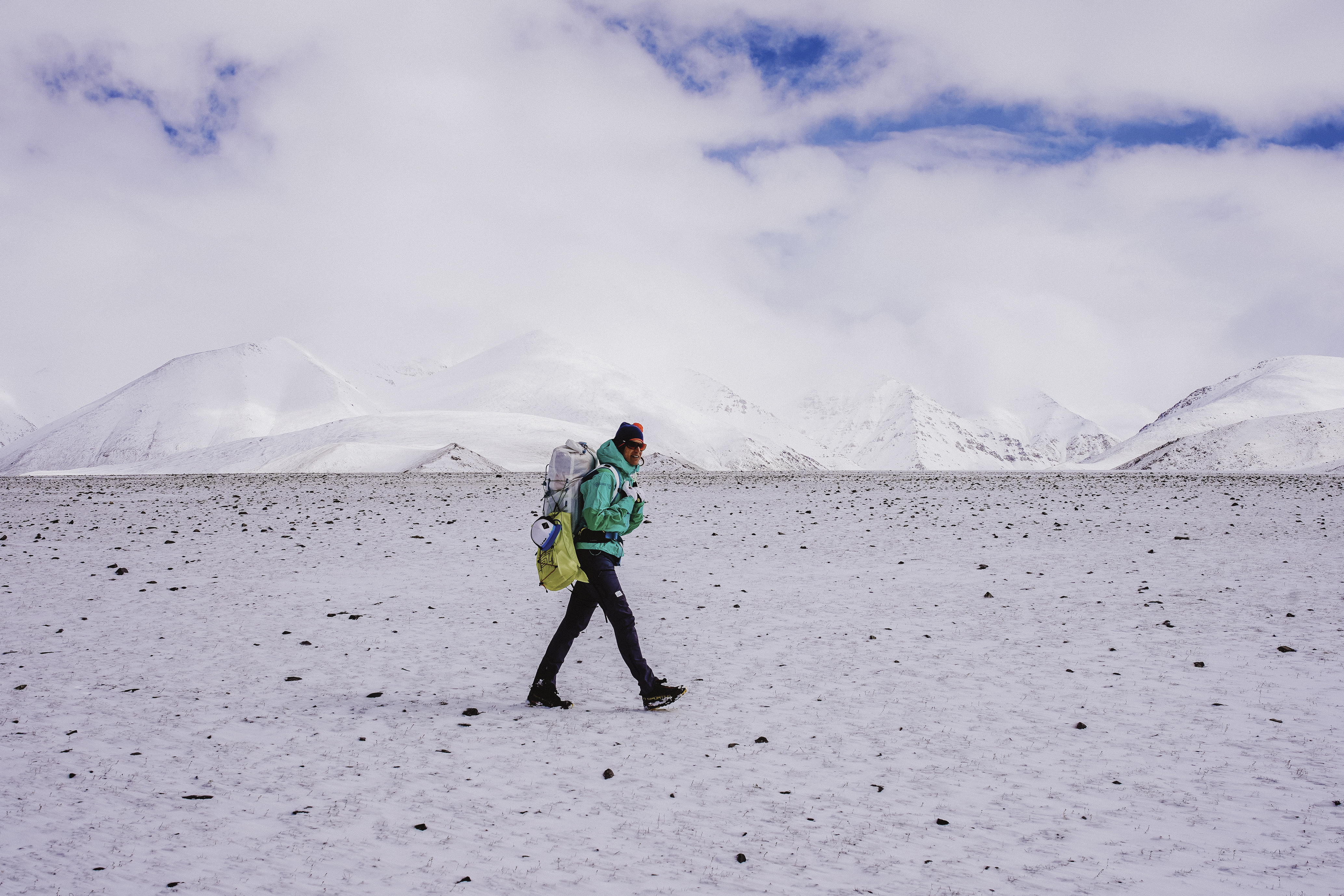
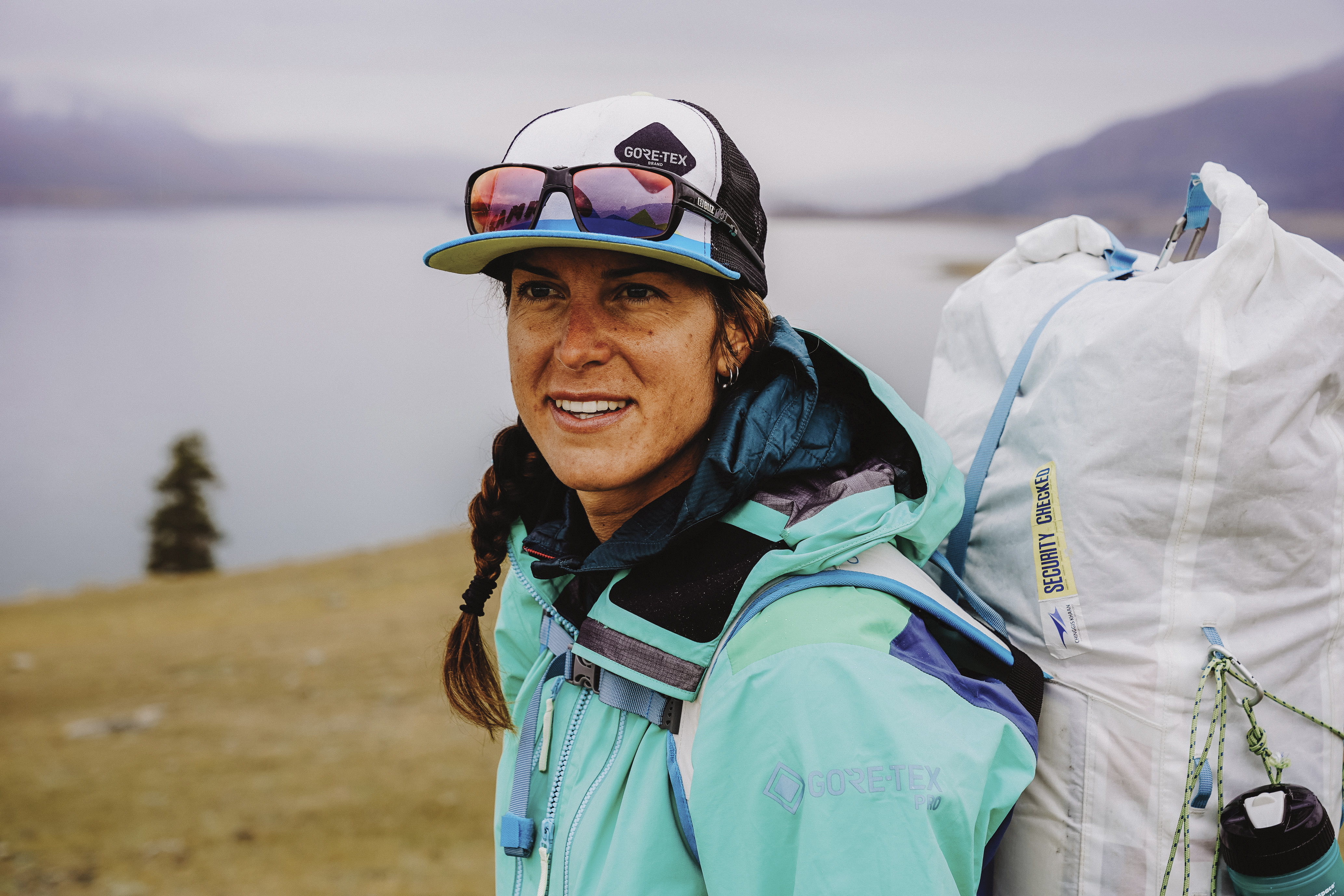
Mongolia is an unspoiled country with very few connections. How did you organize the whole trip?
«We left without particular plans, we wanted to have a free-style trip, improvising. We traveled from the 10th to the 30th of September, almost in low season, without meeting many tourists. Usually travel is not allowed in the country without an official guide but Franz and I managed to find an agreement, according to which we had to connect for thirty minutes every day with the military, in order for them to know where we were. Local people are not used to see many tourists and when they met us they were full of joy, hospitable, and eager to help us. We couldn’t speak with them because nobody knew English but they were very open, curious and asked us many questions».
What feelings did you have during the trip?
«I felt an extraordinary connection with people and nature, I felt loved in that wild context and when I returned to the city I suffered a lot of nostalgia. It was an introspective and profound journey and when it ended I didn’t want to go back to civilization. During other expeditions I was happy when I was finally able to take a shower, while this time I really didn’t want to separate from the pure and authentic environment in which I was».
How did your body react?
«For me it was important to go on an adventure where the destination was not the top of a mountain. I had to understand if I could still trust my body, because for years I had been having problems with my knees and lately also with my back. Every day we walked with a heavy backpack for many hours and I felt that finally, after all the work I had done on myself, my body was playing together with me. I realized that even though I hadn’t trained during the previous year, I felt fit. I thought that if I went back to training in a more intelligent and aware way, listening to myself more, it would have gone better and better».
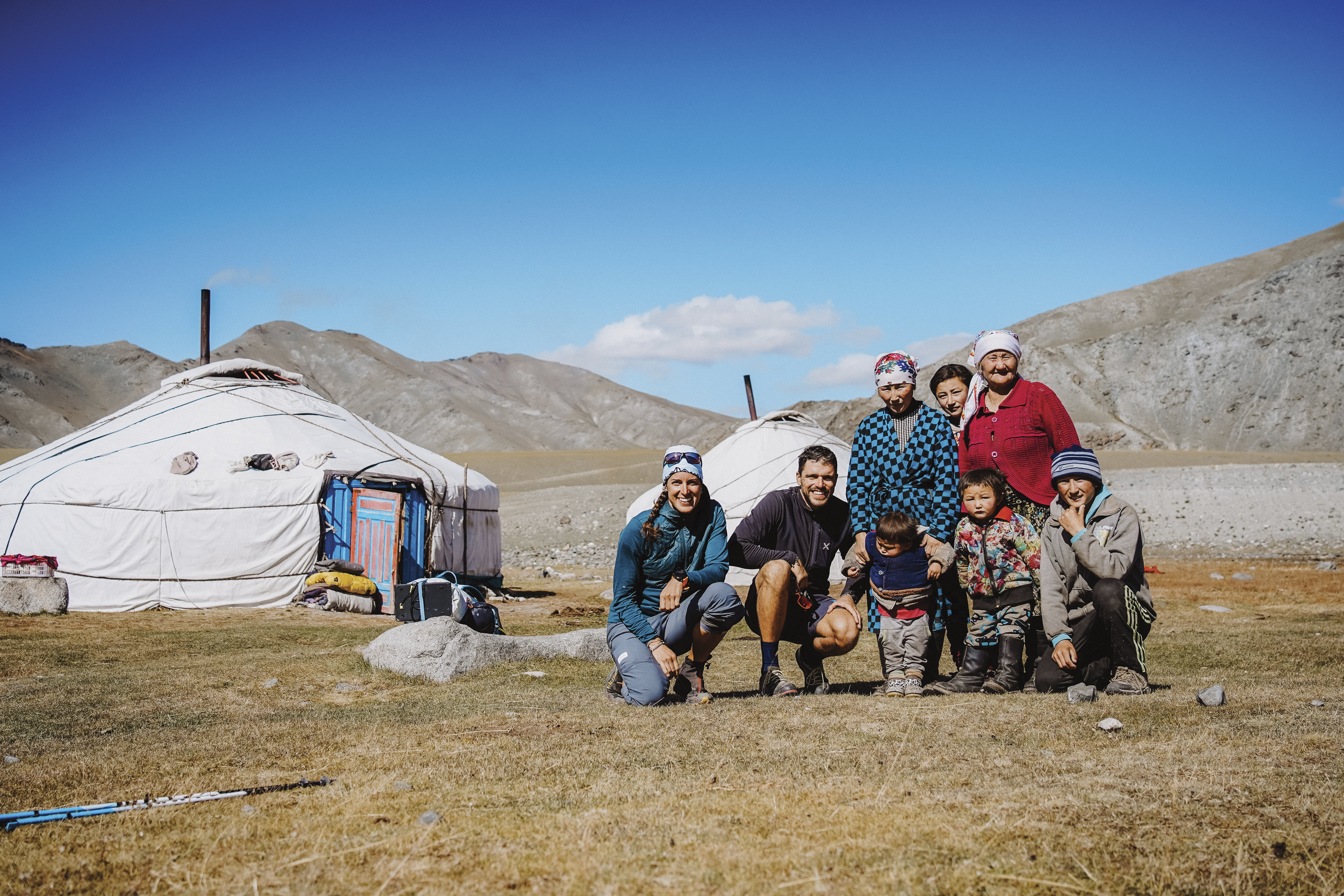
What activities have you practiced over the past year?
«I climbed a lot and I think it helped me forget the pain. When you practice resistance, you often feel pain somewhere and you think a lot, when you climb instead you are immersed in the movement, fully concentrated, and this has given me the opportunity not to think too much about physical discomfort».
What had been your impressions about the local population?
«One day we passed by a Gher, a traditional ‘mobile’ home of nomadic populations, and when the family saw us asked us if we wanted to have a tea. We thanked them but declined the invitation because we had to continue. Shortly after, two girls of the family came running towards us, giving us a bag full of cheese and leaving immediately afterwards. I was moved because I thought it was a wonderful gesture, of a genuineness and spontaneity difficult to find nowadays. I remember the five-year-old girls who prepared food and the ten-year-old boys who went to pasture with flocks of goats».
Is there an anecdote in particular about the trip you want to share?
«We always slept in a tent except for one night when a family hosted us in their Gher. The house was modest and humble and the people were simple and joyful, we shared meals and talked a bit with gestures and then we slept in their room».
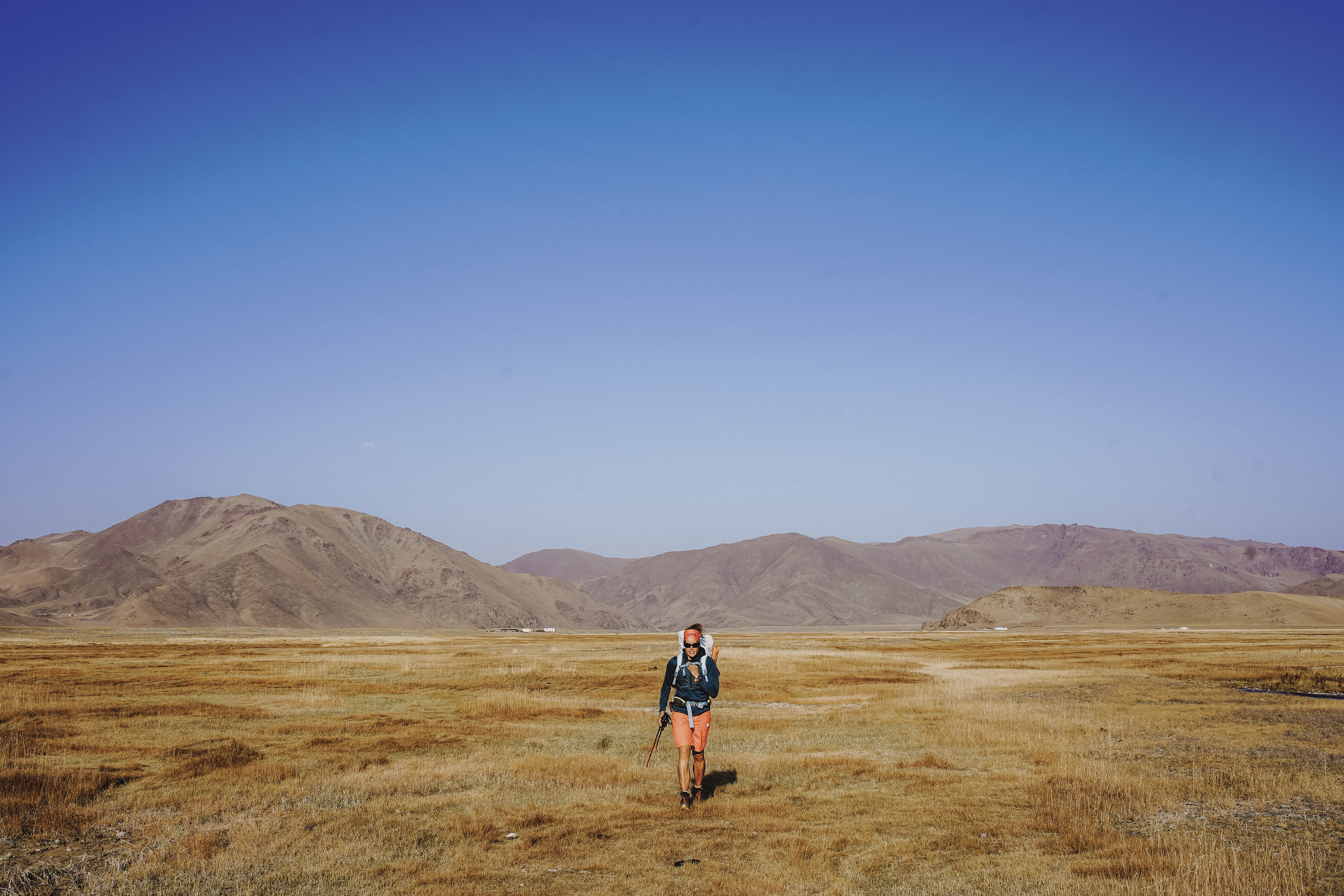
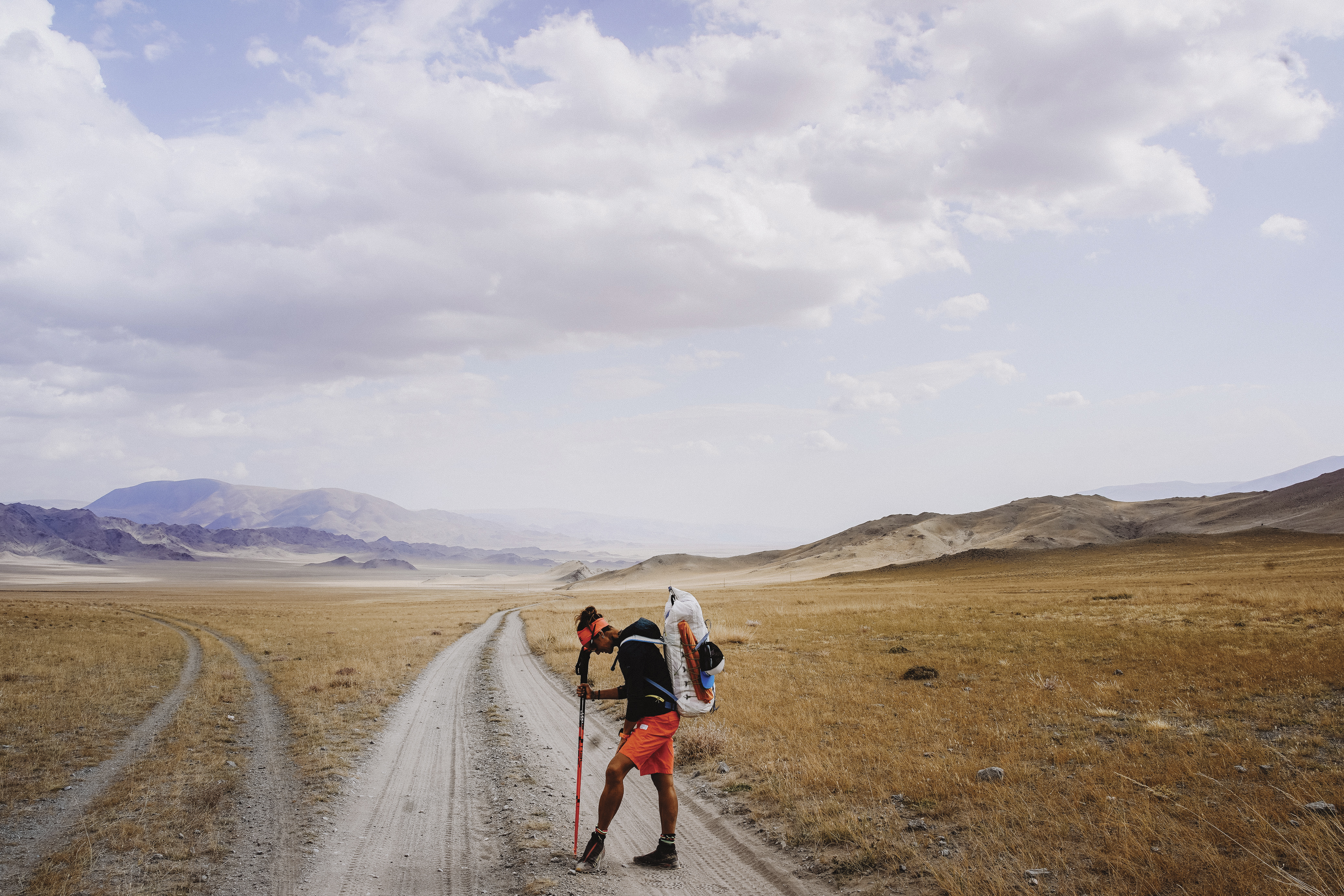
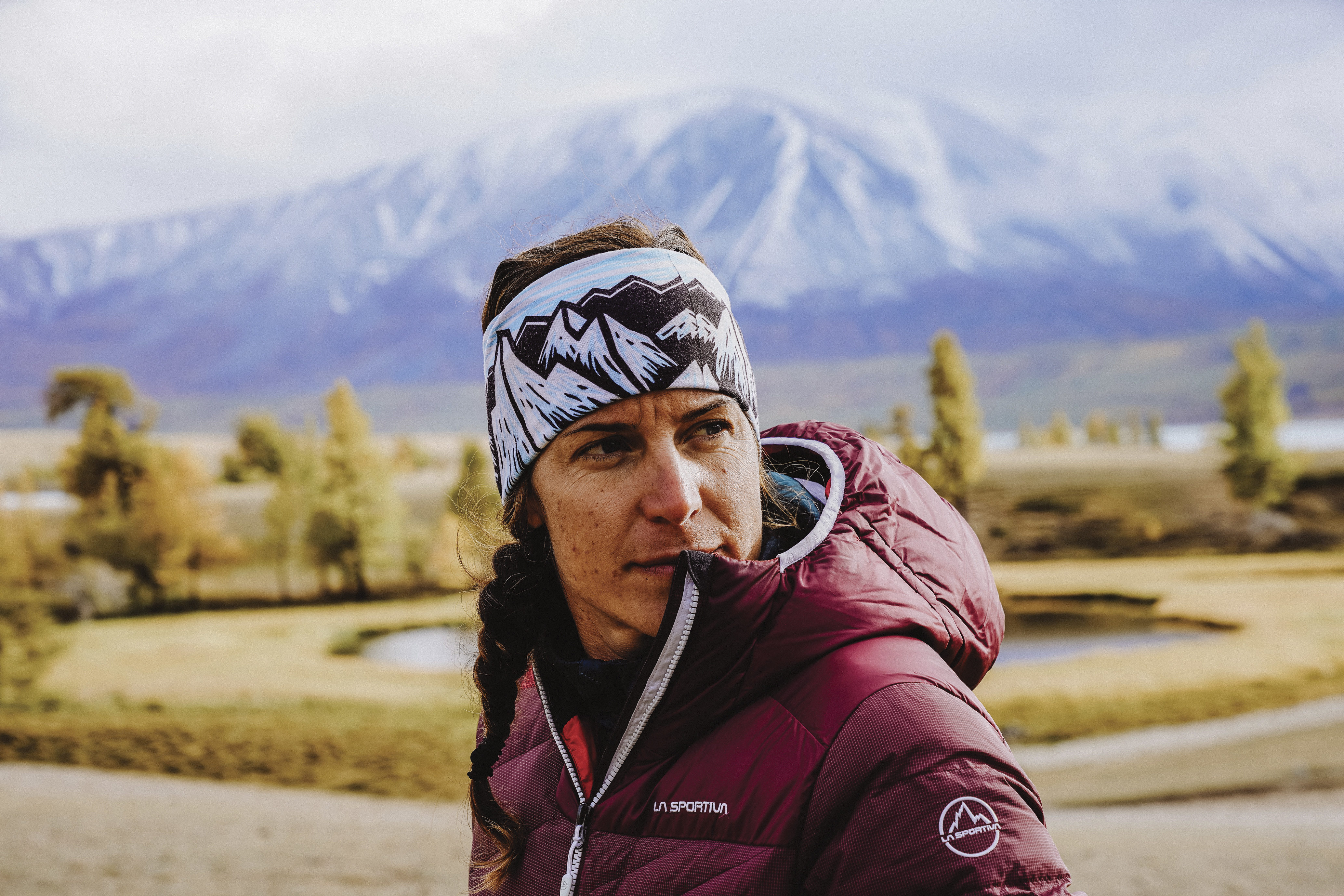
What did you think about during the long hours of walking?
«When you see realities different from yours you realize that perhaps in the West we have not yet understood the meaning of life. You have to savor the moments more, enjoy loved ones and try to make your dreams come true. Look in the mirror in the morning and see a happy person. Style and quality of life greatly influence the mood and for this reason I decided to say many more no: now when I have to take a decision I listen to myself more because I have to feel that it is really the right choice for me, to get to this awareness I needed to isolate myself in order to know myself more. It seems to me that many people today no longer know who they are, there are too many distractions, moreover we are increasingly distant from nature, which is our source of life».
Have you ever thought about building your own family?
«When I was a child, I thought that by 20 years old I would have children, a husband and a house, then things went differently. There was a period during which when somebody mentioned children I always felt annoyed but I think it was a way to protect myself because I guess every woman, in her depth, has this desire. Now I don’t think about it anymore, everything that will happen will be the right thing».
How will you go back to training?
«After Mongolia I will have to focus on endurance because for the winter season I have to be fast and strong, especially on my legs, and I have to understand if my body is ready to face an expedition».
What did you take home from Mongolia?
«Sometimes life is painful, but often suffering is linked to a lesson that you have to learn, maybe you will understand the reason why in a few years. I went through a difficult period, during which I had many doubts and questions: I didn’t know if my body would allow me to go on other expeditions, if the sponsors would remain with me, what my future would be. When I decided to dedicate a period to myself I immediately understood that I was on the right path. I took a self-healing course which taught me to love and accept myself as I am. Through kinesiology I changed my diet, then I spent two weeks in Sri Lanka doing meditation and yoga. The moment you understand the meaning of your journey you get a new energy, which allows you to realize your desires. More than a year has passed by and I’m satisfied, I’m already seeing the first results. Mongolia has given me back my self-confidence. I didn’t know how this trip would end, but I was positive and now I can say I’m happy with how it went».
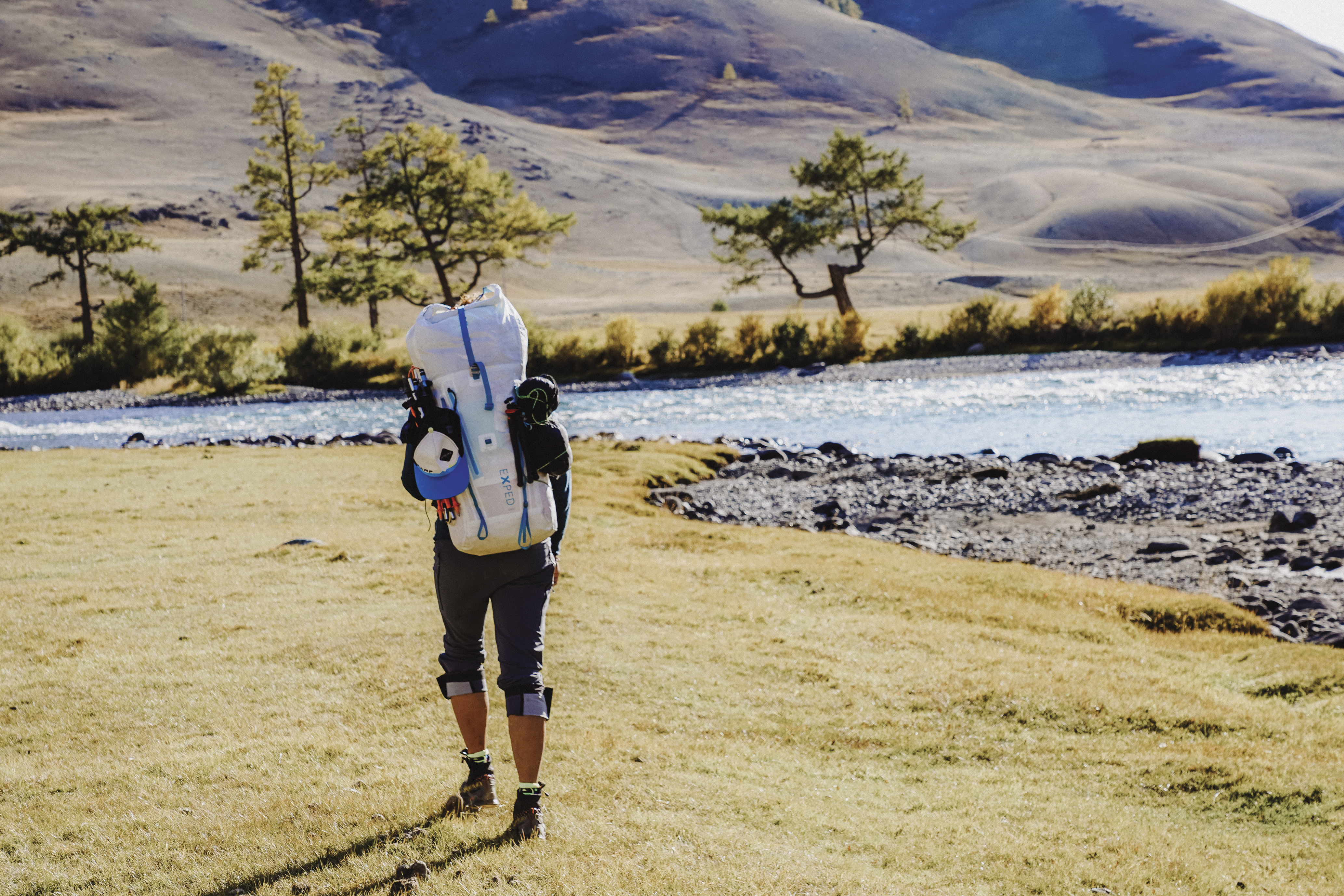
Share this Feature